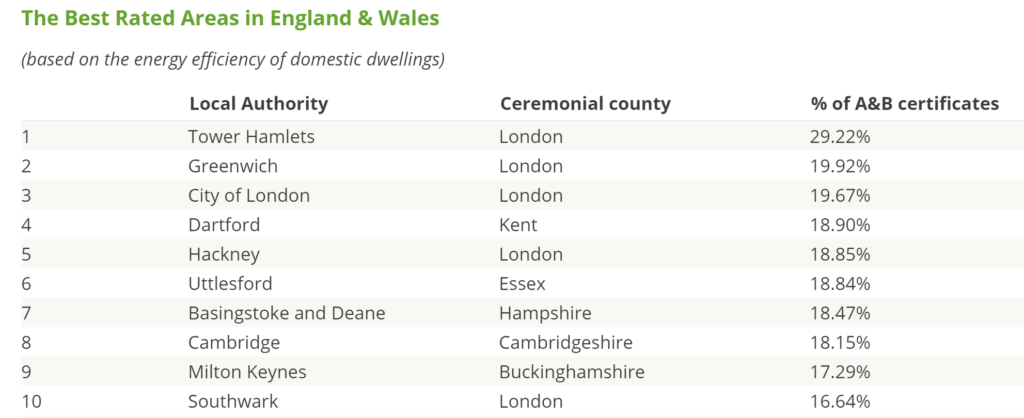Which country is best for energy saving?

Energy efficiency has become a crucial aspect of sustainable development in the modern world. As countries strive to reduce their carbon footprint and minimize energy consumption, the question arises: which country is leading the way in energy saving?
What is Energy Efficiency?
Energy efficiency refers to the utilization of energy resources in an efficient and sustainable manner. It involves minimizing energy waste and optimizing energy consumption through various means, such as technological advancements and behavioral changes.
The Importance of Energy Saving
Energy saving plays a significant role in addressing environmental challenges, reducing greenhouse gas emissions, and conserving natural resources. It also helps in reducing energy costs, enhancing energy security, and promoting economic development.
Factors that Determine Energy Efficiency
Several factors contribute to a country's energy efficiency, including government policies, technological advancements, public awareness, and infrastructure development. Collaborative efforts between the government, industries, and individuals are vital for achieving significant energy savings.
Top Countries for Energy Saving
Several countries have made remarkable progress in energy saving initiatives. Some of the top performers in this field include:
- Germany: Renowned for its commitment to renewable energy and energy-efficient technologies.
- Denmark: Known for its wind energy production and sustainable urban planning.
- Sweden: A leader in implementing energy-efficient policies and promoting renewable energy sources.
- Japan: Recognized for its innovative energy-saving technologies and energy-efficient buildings.
- United Kingdom: Committed to reducing greenhouse gas emissions and promoting renewable energy sources.
Case Studies: Successful Energy Saving Initiatives
Several countries have implemented successful energy-saving initiatives. For example:
- Germany implemented the Energiewende policy, which aims to transition to a sustainable energy system by focusing on renewable energy and energy efficiency.
- Denmark has invested heavily in wind energy, resulting in a significant reduction in CO2 emissions and a shift towards a greener grid.
- Japan has implemented energy-saving measures in various sectors, including transportation, building, and manufacturing, resulting in significant energy reduction.
Barriers to Energy Efficiency
Despite the progress made in energy saving, there are several barriers that hinder its widespread adoption. These include lack of awareness, financial constraints, outdated infrastructure, and resistance to change. Overcoming these barriers requires collaborative efforts and innovative solutions.
Future Trends in Energy Saving
The future of energy saving looks promising, with advancements in renewable energy technologies, smart grids, and energy-efficient buildings. Governments and industries are increasingly investing in research and development to drive further innovation in this field.
Conclusion
While several countries have made significant strides in energy saving, the race for global energy efficiency is ongoing. It requires continuous efforts, collaboration, and innovation to achieve sustainable energy consumption worldwide. Let us all strive towards a greener and more energy-efficient future.
Frequently Asked Questions
1. What are the benefits of energy saving?
Energy saving has numerous benefits, including reduced carbon emissions, cost savings, enhanced energy security, and environmental conservation.
2. How do countries measure their energy efficiency?
Countries measure their energy efficiency through various indicators, such as energy intensity, energy consumption per capita, and the share of renewable energy sources in the energy mix.
3. Which country is currently leading in global energy savings?
Germany is currently considered a global leader in energy savings due to its renewable energy policies, energy-efficient technologies, and commitment to reducing greenhouse gas emissions.
4. What can individuals do to contribute to energy efficiency?
Individuals can contribute to energy efficiency by adopting energy-saving practices at home, such as using energy-efficient appliances, turning off lights when not in use, and reducing energy consumption through behavioral changes.

Leave a Reply